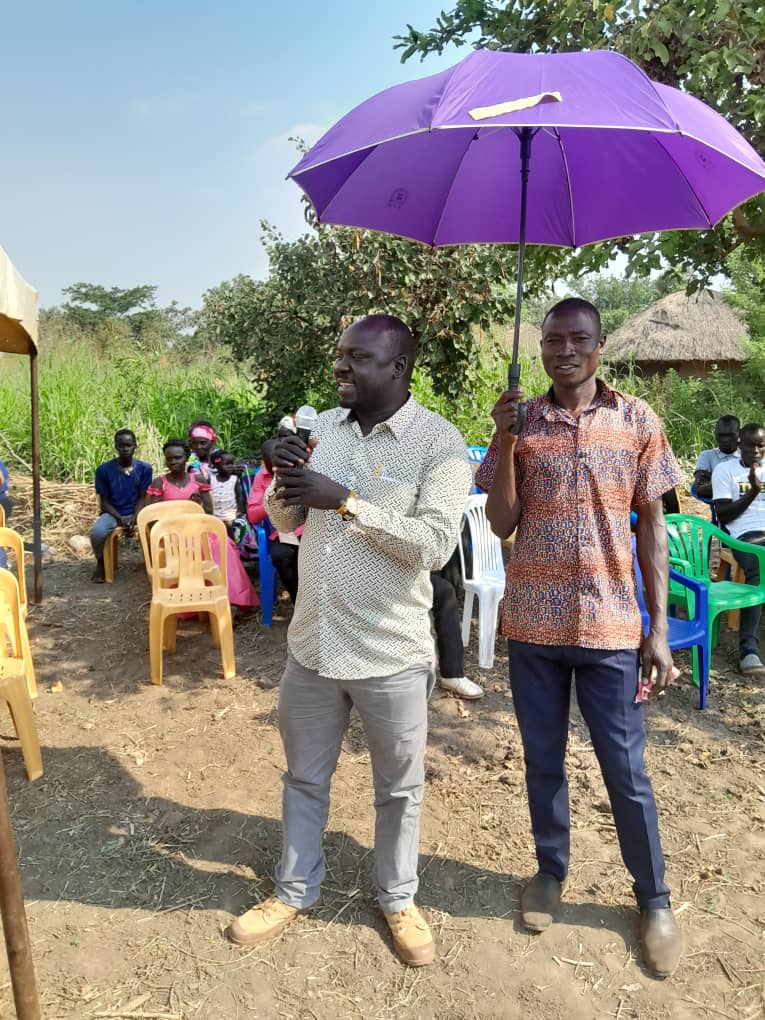The Supreme Court delivered a landmark ruling, on Friday, Jan 31, 2024, declaring that the General Court Martial (GCM) has no authority to try civilians, putting an end to years of legal battles over the matter.
The decision, read by Chief Justice Alfonse Owiny-Dollo, upholds an earlier ruling by the Constitutional Court that had nullified the military’s involvement in civilian cases.
Justice Elizabeth Musoke, in agreement with the ruling, made it clear that the General Court Martial is a military organ meant solely for disciplining soldiers. She emphasized that it is not a court of law in the general sense and cannot handle criminal trials.
Justice Percy Night Tuhaise reinforced this position, stating that all criminal prosecutions should be handled by the Director of Public Prosecutions (DPP), not a military tribunal.
For years, the government has argued that the military court’s jurisdiction over civilians was necessary for national security. Attorney General Kiryowa Kiwanuka defended this stance, but the justices found no constitutional basis for such a claim.
The Supreme Court struck down sections of the Uganda People’s Defence Forces (UPDF) Act that had allowed civilians to be tried in military courts, declaring them unconstitutional.
Justice Catherine Bamugemereire highlighted a fundamental problem with the military court, pointing out that it lacks independence and does not have legally qualified personnel to ensure fair trials. She noted that the GCM is not a proper judicial body and cannot operate as one.
The ruling specifies that military courts should only handle disciplinary cases involving UPDF soldiers. If a case requires a prison sentence, it must be forwarded to the DPP for prosecution in a competent civilian court.
Chief Justice Owiny-Dollo also used the moment to address criticisms directed at the judiciary, particularly claims that politically sensitive cases take too long to be resolved.
He dismissed accusations of delays, stating that the case had been handled within eight months, not four years as some had claimed. He urged the public to engage in constructive discussions about judicial matters instead of attacking judicial officers.
This ruling marks a major victory for human rights activists who have long challenged the prosecution of civilians in military courts.
However, the focus now shifts to whether the government and military will fully comply with the decision.
Several civilians remain imprisoned by the General Court Martial, including opposition figure Dr. Kizza Besigye, his associate Obeid Lutale, and their lawyer Eron Kiiza, who was sentenced to nine months by the military court.
With the Supreme Court’s position now clear, many are waiting to see whether these individuals will be released.
Meanwhile, DPP Frances Abodo told Parliament that her office does not have the legal mandate to take over cases from the Court Martial. She explained that her powers are defined by the Constitution and that any further action would require legal reforms.
The ruling sets a new legal precedent, effectively shutting down military trials for civilians.
While this marks a significant step forward, the real test lies in its implementation. Many will be watching closely to see whether the authorities respect the decision or find ways to sidestep it.




















